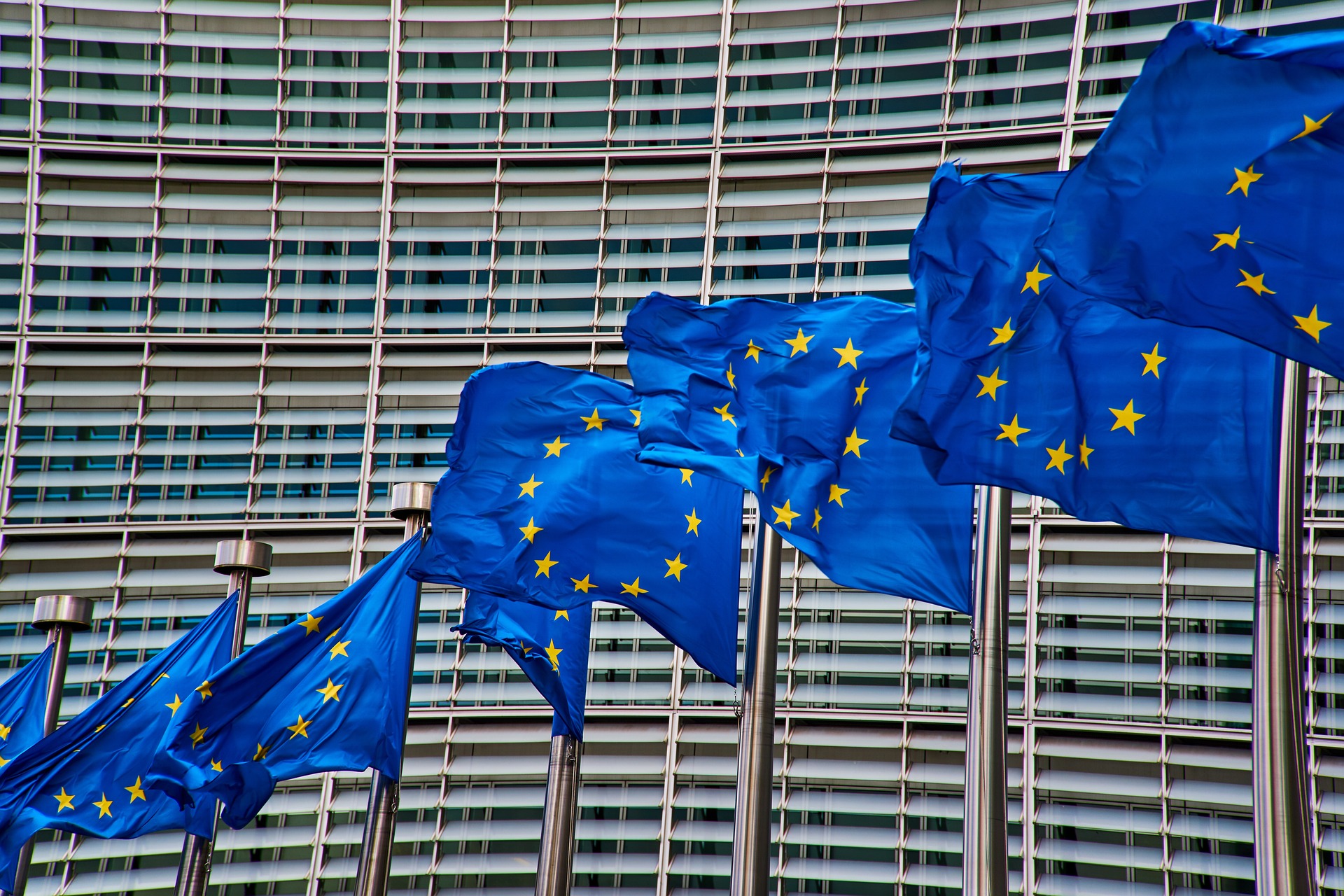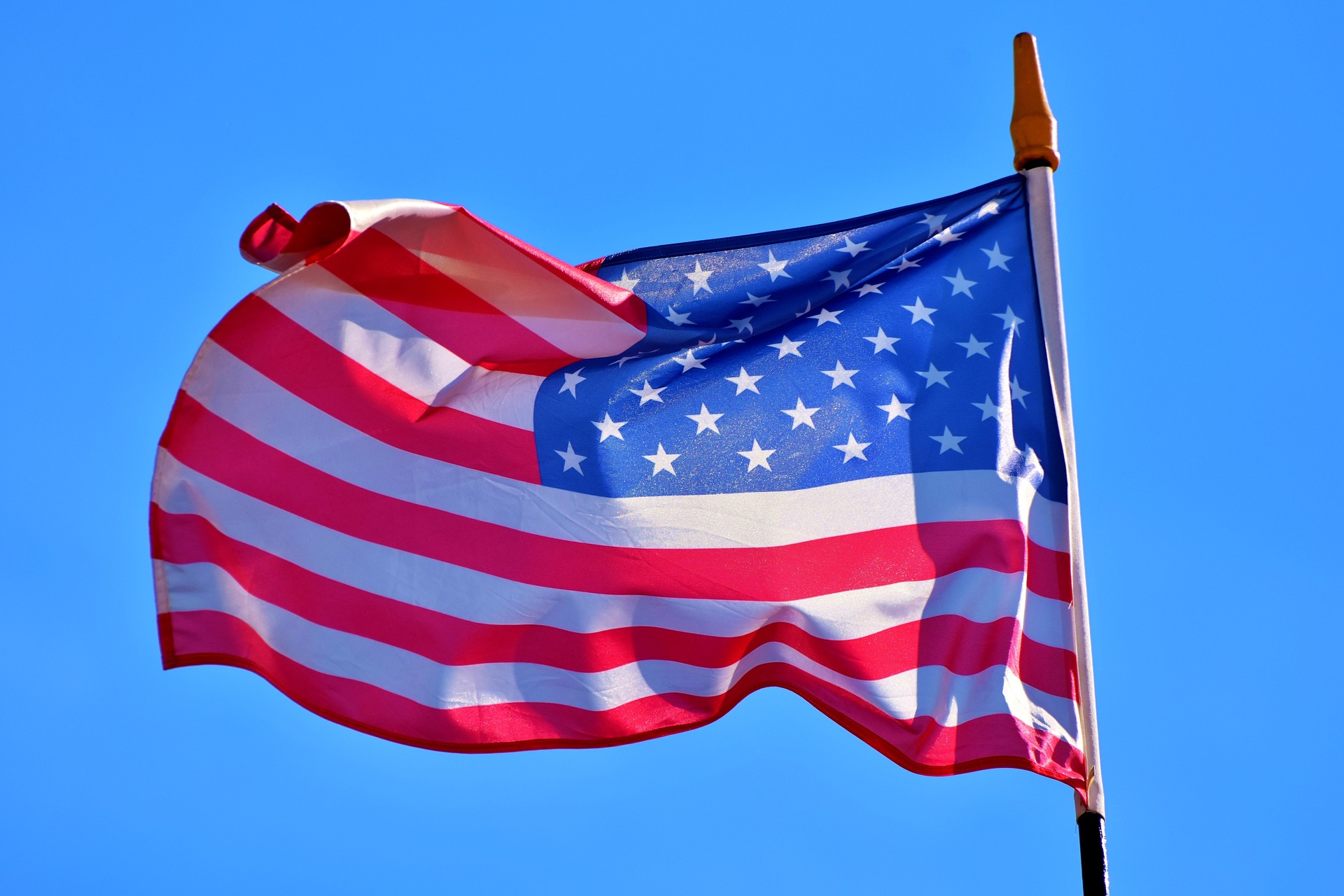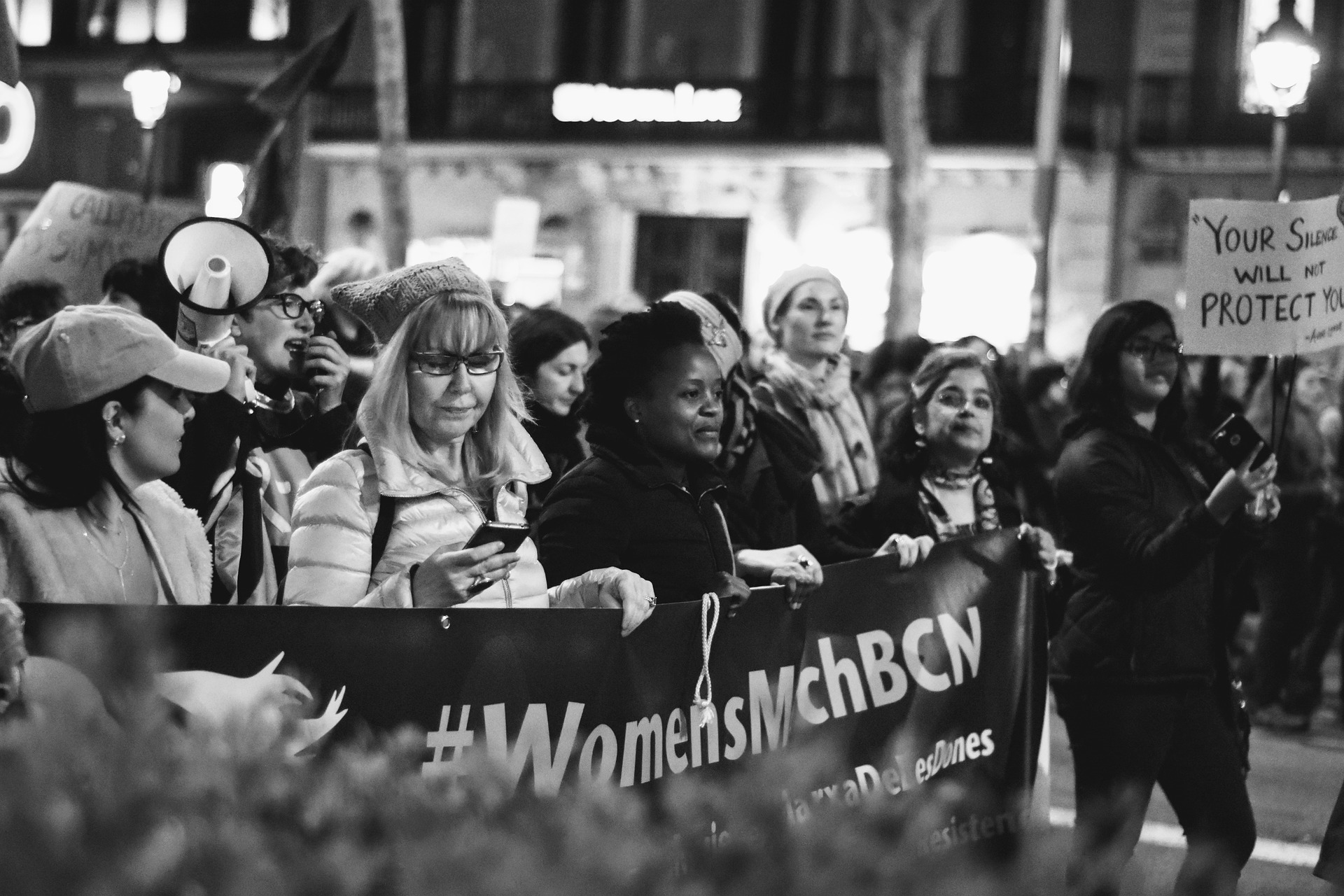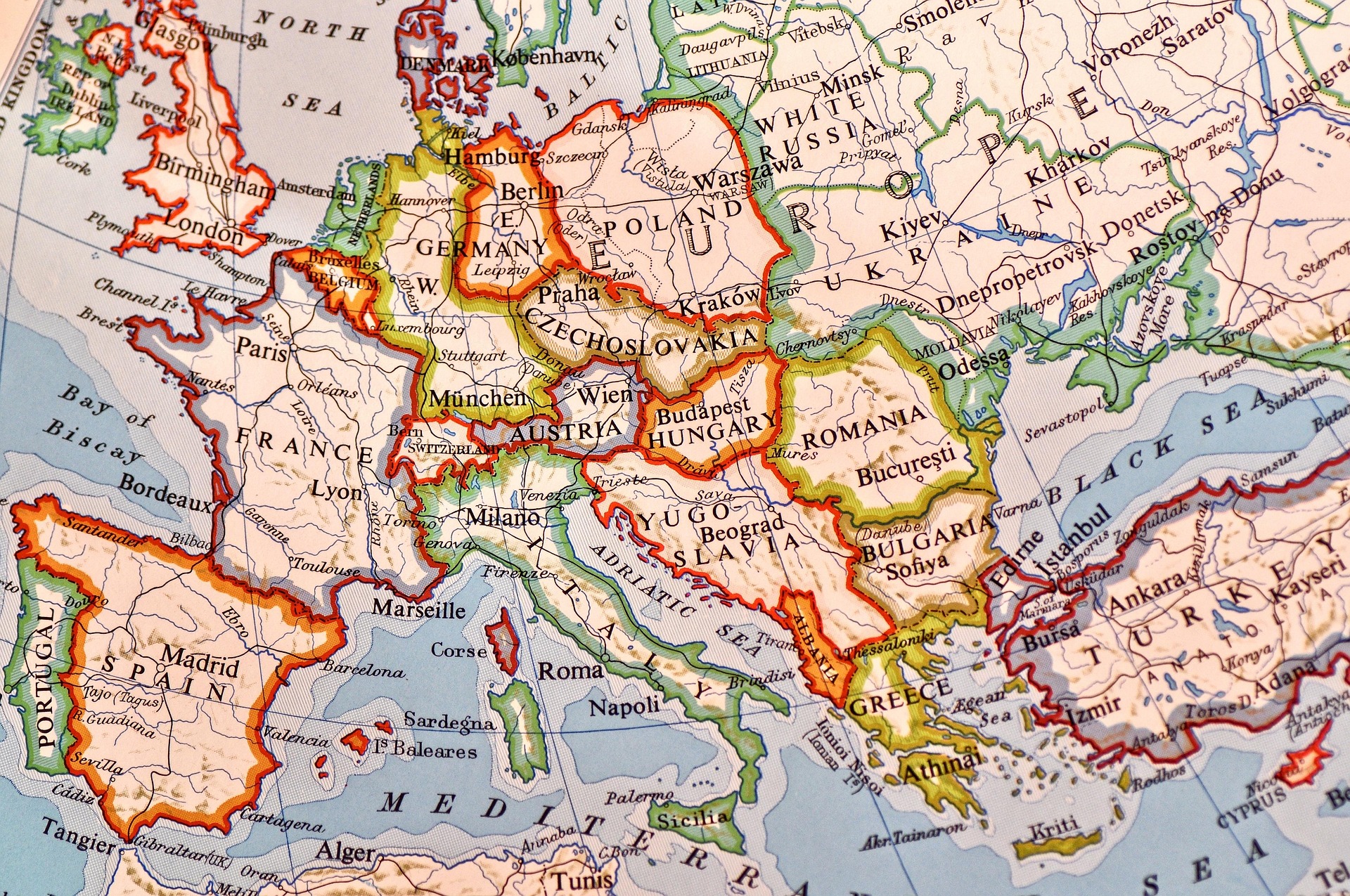Sofiane, a new immigrant in Europe, finds the reality starkly different from the idyllic dream he was promised. As conflicts arise and actions against free speech intensify, the European Dream—rooted in democracy, diversity, and respect for rights—seems increasingly unattainable. Europeans must confront these challenges to revive their foundational values and offer hope to newcomers.
Author: Olivia Pataki
Europe is in the winter of its existence. Sofiane is an immigrant from the Maghreb. He has just arrived in Europe. The people he has met along the way have all told him, ‘Europe, what a dream! What an exemplary centre of democracy!’. Despite their jubilations, he’s now disappointed and scared. We’re all at war with the biggest country in the world, and we’re losing the chance to live in peace. So, how do we live? What can we say to Sofiane? Europe is a global continent, with a global message. In 1950, when Schuman and his colleagues founded the European Union, they had one thing to offer us: the European Dream, which, according to writer and orator Jeremy Rifkin, is about achieving personal security by connecting with others, and respecting the rights of everyone regardless of background, creed, or status. Today, this message has been largely lost. The European Dream is more elusive than ever.
We often talk about democracy in Europe. In front of the façade of the European Parliament is written in large letters ‘DEMOCRACY IN ACTION’. This is also the basis of the European Dream. But are all the criteria of democracy really respected? Freedom of expression springs to mind. Just two months ago, a 64-year-old pensioner in Bavaria was arrested, and his house was searched. His crime? He called a Green Party minister an ‘idiot’. Is this really the way to treat our elderly? Is this a way to connect, to respect our rights and differences, to ensure the European Dream? It is harder now to speak up for whatever one finds to be true than it ever was – at least since the start of the EU. One cannot fully benefit from a democratic system if free speech is not respected — and especially not when double standards are at play: politicians on the right are ceaselessly called atrocious names – from bigots to fascists – but those who label them as such never face consequences and are largely supported, both by the media and other groups. However, this wasn’t always the case: in the eighties, the Greens in Germany were as vilified and framed by German mainstream parties and media as the “far-right” is now. History truly does repeat itself and that is becoming dangerous: the point of widespread democracy is to not fear different opinions, yet that seems to be quite common nowadays, as we are intently marginalising ourselves more and more. So, why be arrested for calling one an idiot but not a fascist? Of course, this is but ludicrous, and arrest in light of name-calling would be undemocratic on both sides of the political spectrum, yet to imagine that such an occurrence can take place should be questioned by us all. Can we stoop so low when the very foundations of our democratic systems ensure unity and freedom? As Europeans we should know the hallowed nature of freedom of speech, and the freedom of the press. Without them all hope for true diversity – and unity – is lost.
Some of you might question whether the European Dream truly is a necessity. After all, the previously mentioned Rifkin is an American and doubtlessly got inspired by his nation’s American Dream when defining Europe’s promise. And, despite our studying in the European system, the Dream rarely gets talked about – if ever. But one should keep in mind that label or no label, we all know what it is, and we all already assume it should be an integral part of our lives and education. By being “united in diversity,” according to our school logo, and by proclaiming that democracy truly is sacred, we are all already instilling the European Dream into our daily lives. It merely is a matter of time before its possibility fully disappears.
So how can we say that the dream still exists if none of its criteria are met? If able to accept our differences, and the qualities which truly make us European? To ensure that the dream is possible, I invite you, fellow students, to take part in it. Since we are „united in diversity,” let’s accept diversity of opinion, and respect each individual. And, if we don’t have the courage to change things for our children, to succeed in establishing the European Dream for good, we should remember Sofiane and his family, all the people who believe in Europe and its potential – who dream of being happy there. It’s the least we can do.
Cover image by: NakNakNak from Pixabay
Edited By: Hedvig Paulander



